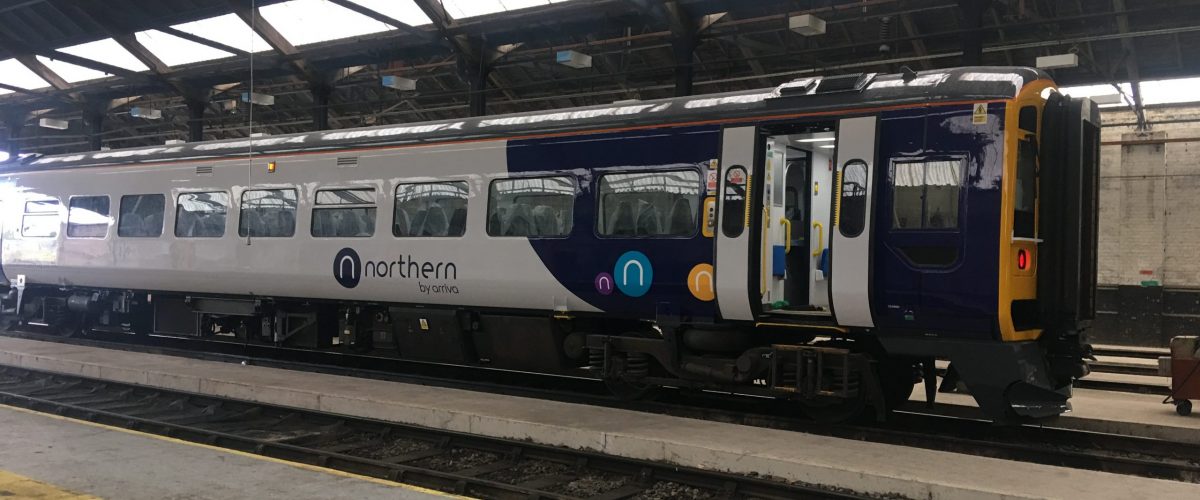Commuter
Industry overview
Train maintenance is fundamental within the Commuter railway market (also known as train operating companies) with train manufacturers striving for a perfect “balance” in train design. All trains are required to be weighed and their results must satisfy the Design Authority and RGS for “safety-to-run certification”. In order to maintain a reliable railway operation and meet specified performance and operational requirements possible issues such as an imbalance of weight needs to be highlighted. If left neglected increased wear to the vehicles can occur, leading to issues relating to safety and loading symmetries.
What we provide
Our static train weighing systems have proved to be invaluable at train maintenance depots undertaking particular rolling stock maintenance programs such as heavy maintenance, bogie changes or modifications to locomotives, wagons (railcars) or passenger cars. The portable train weighing system calculates individual wheel weights at an accuracy of 1% or better, in addition to axle, bogie and total train (railcar) weights. This has provided invaluable knowledge to help achieve a well-balanced train and deliver maximum efficiency, improved ride and minimal component wear.
Integrated with our static train weighing systems our ptwX software has an in-built reporting tool that can provide, store and export the weighing results for particular projects and can be used to analyse a fleet of rail vehicles over long time periods. This is beneficial for railway operators that have set preventative/performance based maintenance programs and require maximum train availability.
The Portable Train Weigher (PTW) can also be integrated into our PTW indicator and can be seen as a diagnostic tool that can help improve the performance and cost efficiency of fleet refurbishment, maintenance or modification.
Customers
Our static train weighing systems have proven invaluable for customers such as:













